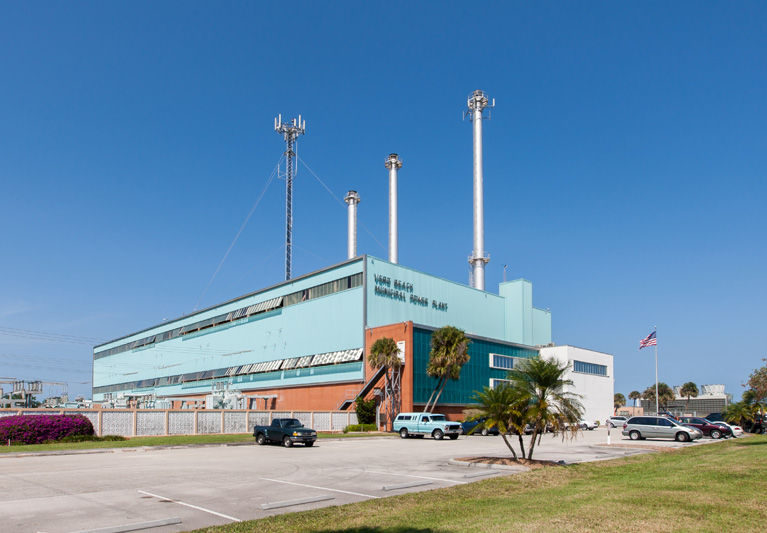
A rate study delivered to Vero officials last week does not show the city’s electric rates becoming competitive with Florida Power & Light rates. Instead it anticipates rising power and personnel costs for the utility along with the issuance of $5 million in new debt.
But the study – which cost $31,000 – may have lost its relevance when the Vero Council voted last week to pursue a sale of the Indian River Shores customers. The study does not take into account elimination of the cost of serving and maintaining the Shores portion of the system nor the influx of $30 million from the sale.
The study was commissioned by the previous City Council that rejected Florida Power & Light’s offer to purchase the Shores customers, so consultants looked at rate projections based on the cost to continue providing power to all 34,000 customers, plus expenses for upkeep and service to the entire system.
Consultants Public Resource Management Group (PRMG) projected significant increases across the board in operating expenses beyond 2017, including a 3 percent annual increase in labor and benefit costs, a 5 percent increase in worker’s compensation premiums, and a 3 percent increase in general liability insurance.
They estimated system repair and maintenance costs would rise 3 percent annually and inflation would go up 2.4 percent each year.
The upshot of all these increases, according to bar charts prepared for the meeting, was that Vero’s electric utility would have a $6-million annual deficit by 2021. The consultants recommended no change in the base rate for service, but instead said Vero should make up the difference by adopting a higher purchased power adjustment rate.
Presumably, FPL faces these same pressures from the market, but somehow the investor-owned utility manages to maintain the lowest rates in Florida. While Vero can raise rates without going to the Florida Public Service Commission for approval, FPL must mount a public case to justify even a tiny rate increase.
Shores Councilman Bob Auwaerter, who represents town electric customers on the Vero Utilities Commission, said, “I’ve got tons of questions; they’ve laid out a bunch of spending in very general terms.” He especially questioned a pie chart indicating that Vero would need to borrow more than $5 million to fund capital projects between now and 2021. “You have money sitting there where you don’t have to issue the debt,” Auwaerter said.
Despite the fact that the Shores customers are likely to be paying FPL rates by year-end, Auwaerter said his keen interest in how Vero runs its electric business will not waver.
“I will continue to try to help the utility in any way I can with the financial situation or contracts or whatever. The whole county is impacted, so we’re impacted,” he said, noting that all taxpayers pay Vero’s high rates to keep the lights on at county government facilities and at area schools.
“They’ve gotta get their rates down and their costs down because we’re on the cusp of a revolution in transmission and in renewable energy and it’s going to be their lower-income customers who don’t have the ability to take advantage of this technology who are going to be hit the hardest,” Auwaerter said.
He added that the take-or-pay contract Vero signed with Orlando Utilities will become especially problematic as more homeowners invest in solar panels to reduce their power bills and take advantage of tax breaks.
What may come of the study is merely direction for the consultants to go back to the drawing board, figure in the Shores sale, and recommend ways to avoid surging costs.



